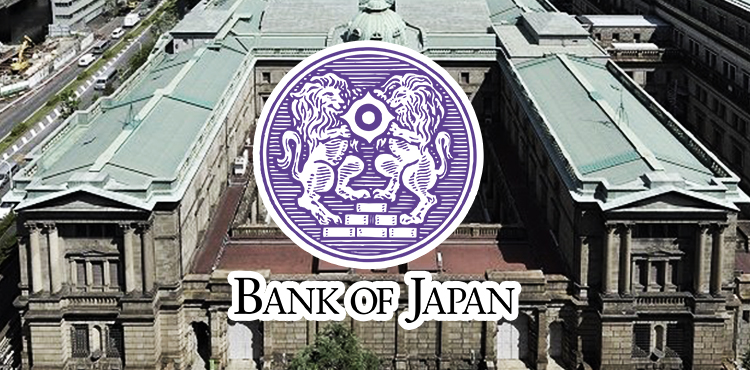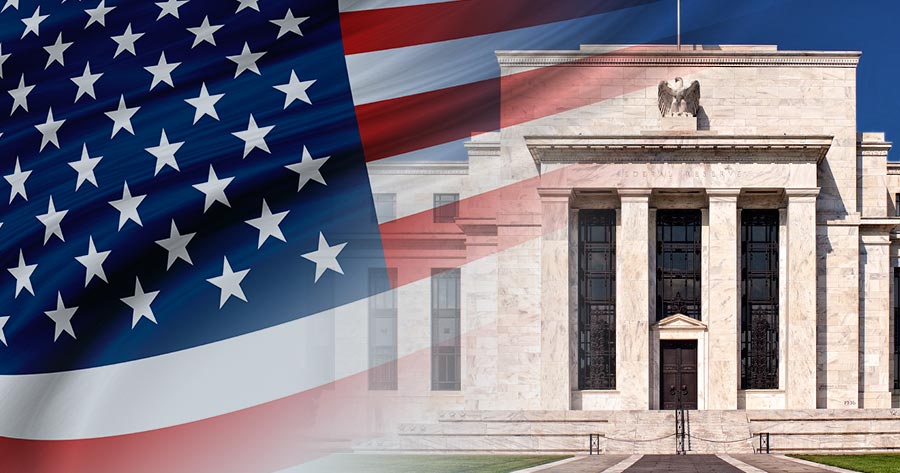The Bank of Japan (BOJ) has escalated its interest rates to a level unseen since the 2008 financial meltdown, reaffirming its faith that sustained wage growth will help stabilize inflation near its desired 2% target.
This move marks the BOJ’s first rate increase since last July and follows closely the completion of President Donald Trump’s inauguration, a factor that may have significant implications for international policymakers wary of higher tariffs.
Concluding its two-day assembly, the BOJ elevated its benchmark short-term policy rate from 0.25% to 0.5%, reflecting a decision arrived at by an 8-1 vote, with Toyoaki Nakamura casting the only dissenting ballot. This anticipated action underscores the BOJ’s intent to gradually guide interest rates towards approximately 1%, a threshold economists consider neutral for Japan’s economic activity.
Without altering future policy guidance, the BOJ reiterated its commitment to further rate increases, contingent on meeting economic and inflation forecasts. However, it omitted prior language stressing the necessity of monitoring global economic and market risks closely.
In its quarterly outlook, the BOJ revised its inflation forecast, predicting core inflation will persist at or above its 2% target for three consecutive years. They also identified increased inflation risks due to intensifying labor shortages, higher rice prices, and rising import costs propelled by a weaker yen.





